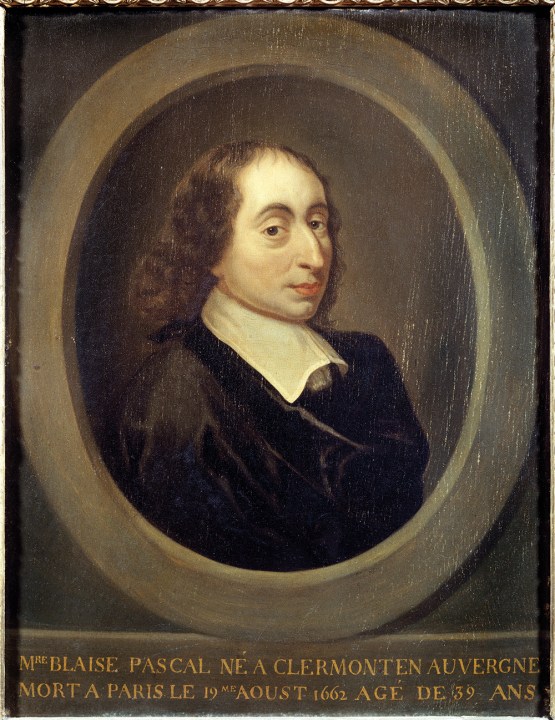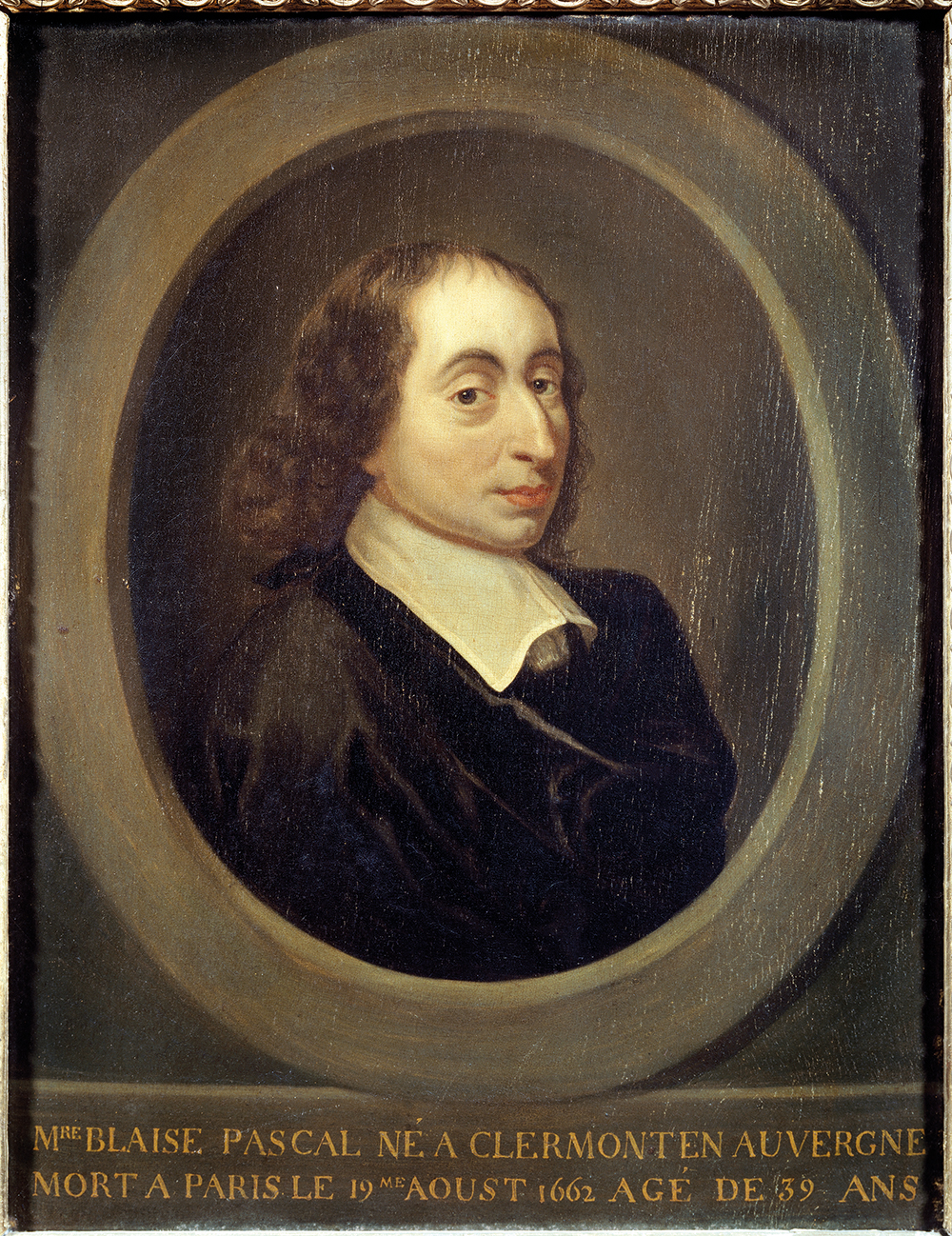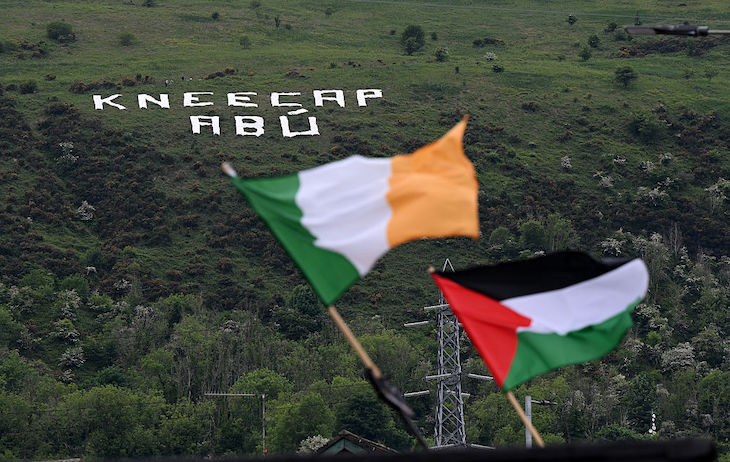
Blaise Pascal resists definition. During a short life (he died in 1662, aged 39) he invented the calculator, laid the foundations for probability theory and created the first public transport system. He was also an austere Catholic, whose call for a return to strict Augustinian doctrines put him outside the religious mainstream. As a philosopher, he is remembered today for his ‘wager’ argument – a challenge to atheists, framed as a cosmic gamble.
As Graham Tomlin shows in this lively, conversational biography, Pascal worked in threes, often steering a course between extremes. As a Catholic, he refused to commit to the new sect of Jansenism, but also abhorred the Jesuits’ ideological flexibility; politically, he could sound revolutionary one minute, conservative the next; and as a philosopher he was pulled in opposite directions by reason and scepticism. He is most relevant to 21st-century readers, argues Tomlin, as a thinker who combined the piety of the Middle Ages with the scientific zeal of the Enlightenment, thus refuting the modern idea that religion and science are incompatible.
Pascal distinguished between what he called the physical and metaphysical worlds – respectively, the domains of science and faith. The routes to knowledge in each, he argued, were radically different: experiment and reason in the former, love and faith in the latter. Tomlin suggests that, had this distinction been observed by later critics of religion, beginning with the Scottish sceptic David Hume (1711-76), atheism might not be as prevalent as it is today. According to this view, the blistering attacks made on religion by atheists such as Richard Dawkins and Sam Harris rest on a fundamental error – that religious beliefs should be assessed by the same criteria as scientific hypotheses.
Pascal formulated many of his ideas by reacting to the two French thinkers who interested – and irritated – him the most: the 16th-century sceptic (and nominal Catholic) Michel de Montaigne and his own contemporary René Descartes. He respected Montaigne for forcing reason to ‘step down from the lofty height of excellence which it has aggregated to itself’, but ultimately found his scepticism corrosive and superficial. Tomlin presents Montaigne as the philosopher of the bonnes hommes of 17th-century France: louche, culturally Catholic gentlemen more interested in parties and hunting than philosophical reflection. Their modern-day equivalent, writes Tomlin, is found in ‘the sociable, popular type, the regular at the golf club, with a phone full of friends and contacts, confident and suave, who rarely casts a thought towards God or his own mortality’. Pascal was baffled by such nonchalance, unable to understand why the prospect of death didn’t propel everyone into looking for answers to life’s most important questions.
For those who take the wager, Pascalian faith is by no means the easy option
His search for intellectual certainty aligned him with Descartes, whom he met briefly in 1647 (it didn’t go well, mainly because Pascal was ill, as he often was). Descartes had shut himself in a room and reasoned his way to God, in the process coining his famous maxim Cogito ergo sum (‘I think, therefore I am’). But just as Pascal resisted the full extent of Montaigne’s scepticism, he thought Descartes relied too much on reason. By conjuring a deity only accessible through cognition he had, as Tomlin puts it, ‘hollowed out the heart of Christianity’. Pascal’s God was personal, not abstract. On the night of 23 November 1654, the inventor of the calculator and probability theory wept with joy at what he believed to be a sustained encounter with the Christian God. Pascal recorded the experience in a poem entitled ‘Memorial’, the manuscript of which was found sewn into his jacket lining after his death.
He hoped his wager might open the hearts of some non-believers, perhaps enough to prime them for the kind of transcendent experience that had deepened his own faith. Presented in a posthumously published collection of musings entitled Pensées, the gambit can be summarised as follows. It is rational, says Pascal, for the non-believer to bet that God exists. If he’s wrong, nothing is lost; but if he’s right, an eternity of bliss awaits: zero loss, huge gain. If the non-believer persists in his atheism, how-ever, he gains nothing in this life and suffers forever in the afterlife – zero gain, massive loss. At a time when most defenders of Christianity were trying to show how rational religion was, the wager was a bold, counterintuitive approach to apologetics. But Tomlin doesn’t quite give its serious flaws the attention they demand.
It is perhaps unfair to criticise Pascal for failing to explore a third option. In 17th-century France, suspension of belief about God was as rare as atheism; and the notion of ‘agnosticism’ as a rigorous creed rather than a cop-out wasn’t developed until the late 1800s. But it is ironic that a thinker who so often preferred a middle course insisted that, in this matter, we had to choose between two extremes. For those who take the wager, Pascalian faith is by no means the easy option, requiring as it does an ascetic lifestyle, denial of the self and constant prayer. As presented to us in this exhilarating biography, Pascal still has the power to inspire and challenge readers of all spiritual persuasions, especially those who are popular at the local golf club.








Comments